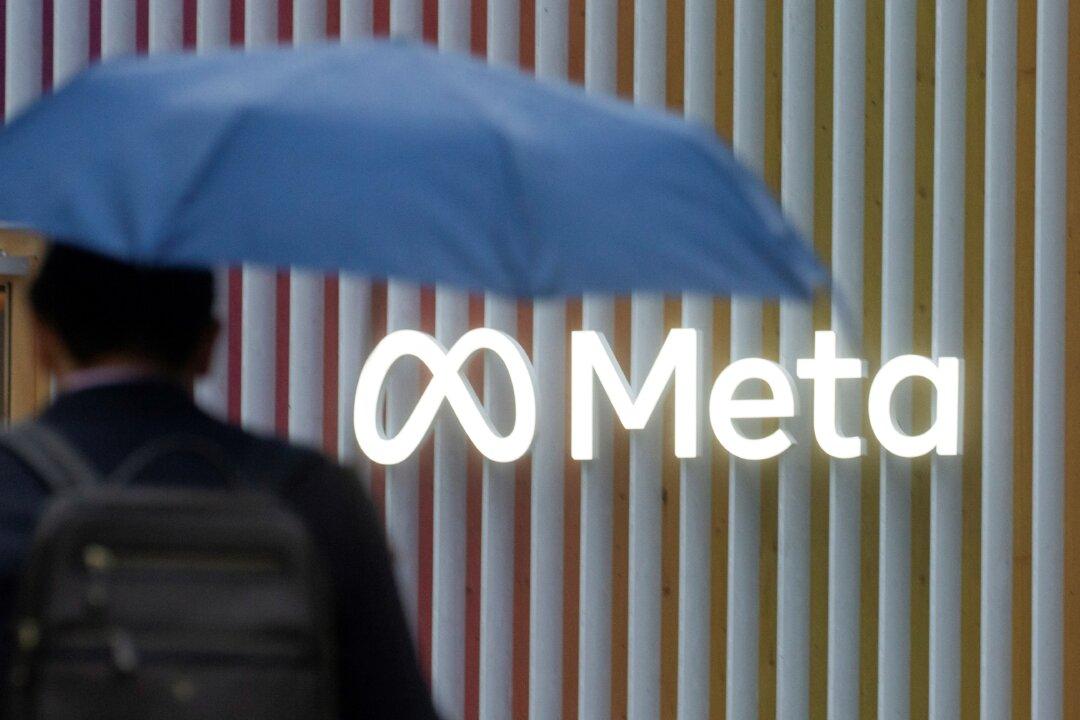Russia’s interior ministry has added Meta’s Communications Director Andy Stone to its wanted list under an article of the Criminal Code of the Russian Federation.
According to Russian state news agency Tass, Mr. Stone has been listed on an internal database within the government agency. Earlier this month, a Russian court ordered the arrest of Mr. Stone in absentia for allegedly “aiding terrorism.”





